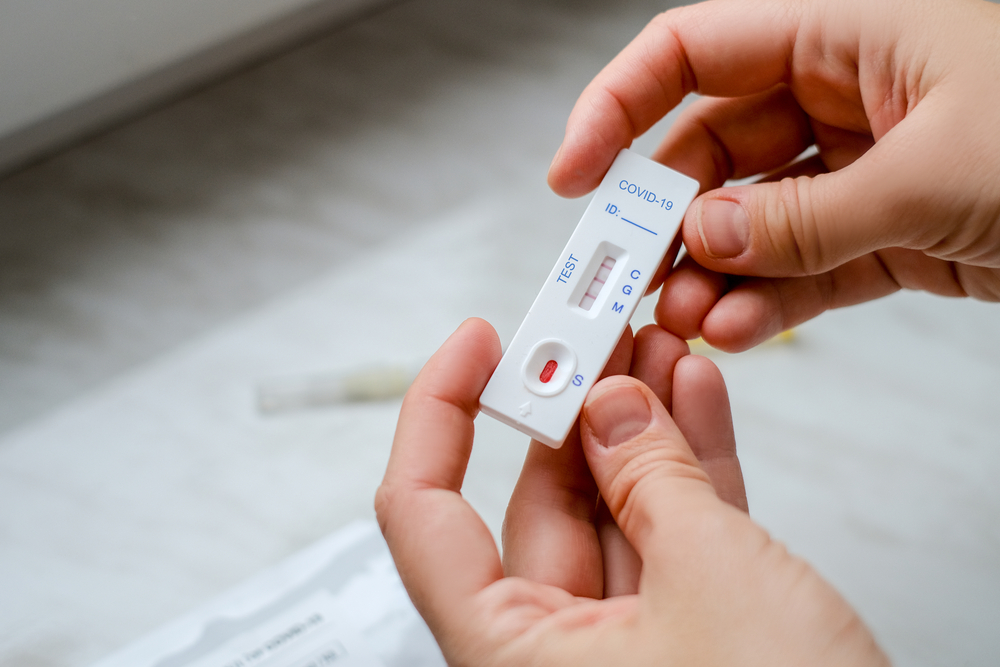As a clinical research center, we aim to evaluate many of the medical and surgical inventions used today to ensure that medications, medical devices, and diets are safe and effective. To achieve this goal, clinical trials must go through the FDA, the U.S. Food and Drug Administration, for their research to be tested and approved for humans. Doing so allows people from all over to participate in clinical research that helps develop new medical technology that can potentially help cure the world’s diseases.
During the recent Covid-19 pandemic, clinical research plummeted as the risks posed by the virus were deemed too dangerous to continue. As many operating rooms around the country became intensive care units, clinical trial centers had to adjust to the circumstances in various ways, including keeping more extensive trials at work to help demonstrate its life-saving effects. The FDA and similar organizations also responded with a series of altered guidelines for clinical trials during this time, often forcing urgency on many clinical trial centers to accelerate and keep their current guidelines in place for future trials.
The Latest FDA Regulations For 510-K Applications
Because of the negative impacts of the pandemic, marketing Class I to III devices intended for human use has decreased over the last few years. However, since the announcement of the Covid-19 pandemic ending (or more likely transitioned into an endemic), the FDA has recently changed its regulations regarding 510K applications for clinical trials back in December of 2021.
Within the noticed transition plan, the FDA proposed a 180-day transition period. This period will begin on the implementation date and end on the date that the guidances are withdrawn. By withdrawing the Covid-19 enforced guidelines, it has allowed many clinical research centers to “foster compliance with applicable statutory and regulatory requirements.”
These changes include an updated focus by the FDA regarding Emergency Use Authorization requests and supplemental EUA requests. During the review of requests from experienced developers, the focus will be on the following:
- Diagnostic tests with the potential to provide significant benefits to public health using new technologies.
- Diagnostic tests capable of addressing unmet needs, such as those that diagnose infection with new variants or sub-variants.
- Supplemental EUA requests for tests that were previously authorized to meet authorization conditions or have a modification that can significantly enhance public health or meet an unmet need.
- EUA requests involving tests that are from a U.S. government stakeholder or a supporter of the same. This includes tests funded by the National Institutes of Health’s Rapid Acceleration of Diagnostics (RADx) or the Biomedical Advanced Research and Development Authority (BARDA).
The Future Of FDA EUA Authorizations
This updated prioritization was found to appropriately address the needs of public health during the current stage of the pandemic. Those seeking to submit additional tests should consider shifting their focus to the pathways traditionally used for premarket review. Those still dedicated to pursuing EUA requests are advised to consider these updated priorities as part of their development process.






















